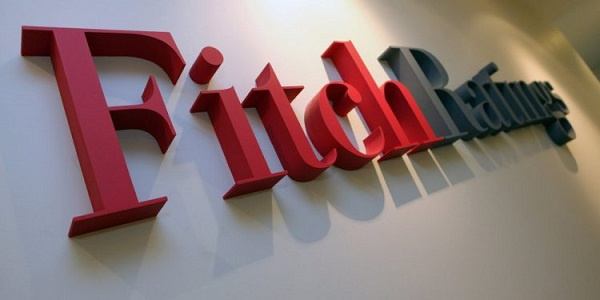The strong profitability of banks operating in Ghana is sufficient to offset risks to capitalisation from local-currency weakness, Fitch Ratings has pointed out.
According to the London-based firm, the sector’s pre-impairment operating profit was equivalent to 7.1% of average total assets in 2023 and should remain strong enough to absorb impairment charges due to pressured loan quality and the ongoing sovereign external debt restructuring, while continuing to support a recovery in capitalisation after the large losses inflicted by Ghana’s domestic debt exchange programme (DDEP).
“The Ghanaian cedi has depreciated by 18% [BoG data] against the US dollar in 2024, driven by a lower current account surplus due to increased import demand, a sharp decline in cocoa exports and energy sector payments, in addition to speculative activity and delays in external debt restructuring. Since end-2021, the cedi has depreciated by 59% against the dollar”, it said.
“The depreciation will add to pressure on Ghanaian borrowers already contending with the macroeconomic impact of the sovereign default in 2023, including high inflation (May 2024: 23.1%) and interest rates”, it furthered.
Additionally, the cedi depreciation has put pressure on the banking sector’s total capital adequacy ratio (CAR) through the inflation of foreign-currency (FC)-denominated risk-weighted assets.
However, Fitch said this has recently been more than offset by particularly strong profitability driven by high yields on treasury bills, with the sector CAR increasing to 15.5% at end-April 2024 from 13.9% at end-2023.
Without formal regulatory forbearance, the sector CAR would have been 11.5%.
Banking sector capitalisation weakened by DDEP
The banking sector’s capitalisation was significantly weakened by the DDEP that concluded in 2023. The true capital impact has been masked by the use of a low discount rate to calculate the fair value of the new bonds received, and formal regulatory forbearance allowing DDEP-related losses to be phased into regulatory capital ratios over four years.
Fitch said banks are far less affected by the ongoing sovereign external debt restructuring as their exposure to Ghana’s Eurobonds is limited, and they have already taken sizeable impairments.
However, the cedi depreciation has inflated banks’ exposure relative to capital, making capital moderately more sensitive to losses imposed on Eurobond creditors under the restructuring.
Latest Stories
-
Police arrest man with 40 parcels of suspected narcotics on Accra-Somanya highway
9 minutes -
Joy Prime to premiere “PrimeTime” with George Quaye on June 18
2 hours -
Israel carrying out ‘extensive strikes’ across Iran as Tehran warns ‘more severe’ response coming
2 hours -
Government suspends GH₵1 fuel levy indefinitely, new date to be announced later
3 hours -
Democratic state politician and husband shot dead in targeted attack
3 hours -
15 killed by Israeli fire near Gaza aid site, hospitals say
3 hours -
Ashaiman NDC in shock as chairman Shaddad Jallo dies
4 hours -
Mahama converts Daboya College into public Teacher Training Institution, revives Doli project
4 hours -
Prioritise prudence, not foreign debt – Deputy Ahafo Regional Imam implores African leaders
4 hours -
Mahama promises STEM School and TVET Centre for Savannah Region
4 hours -
Mahama announces new public university for Savannah Region
4 hours -
Ahiagbah demands Health Minister’s dismissal over handling of nurses’ strike
4 hours -
Mahama’s clemency for radio stations was pure gimmick – Egyapa Mercer
4 hours -
GRA postpones implementation of Energy Sector Levy
4 hours -
GES urges supervisors and invigilators to uphold integrity and honesty
7 hours

